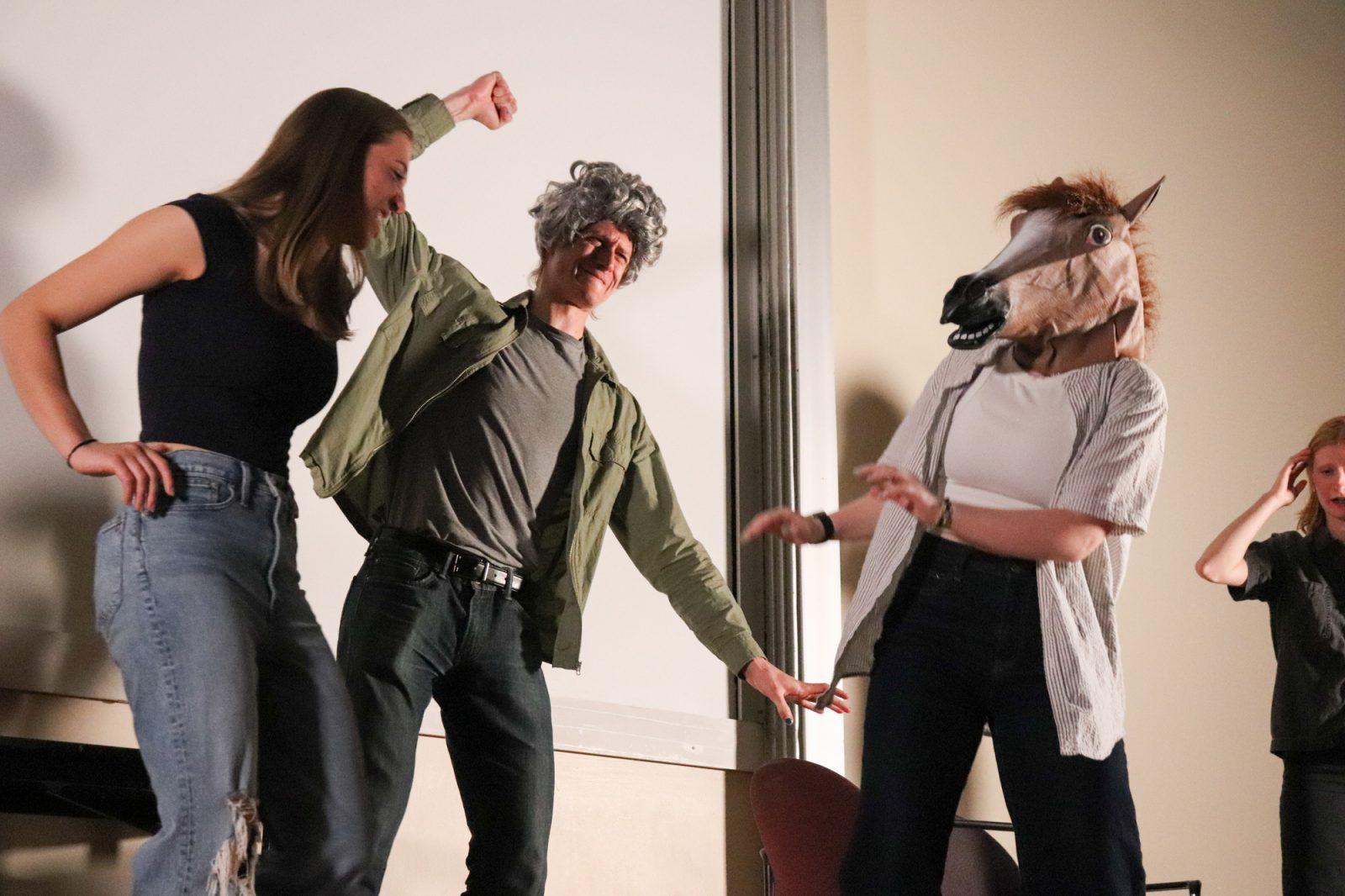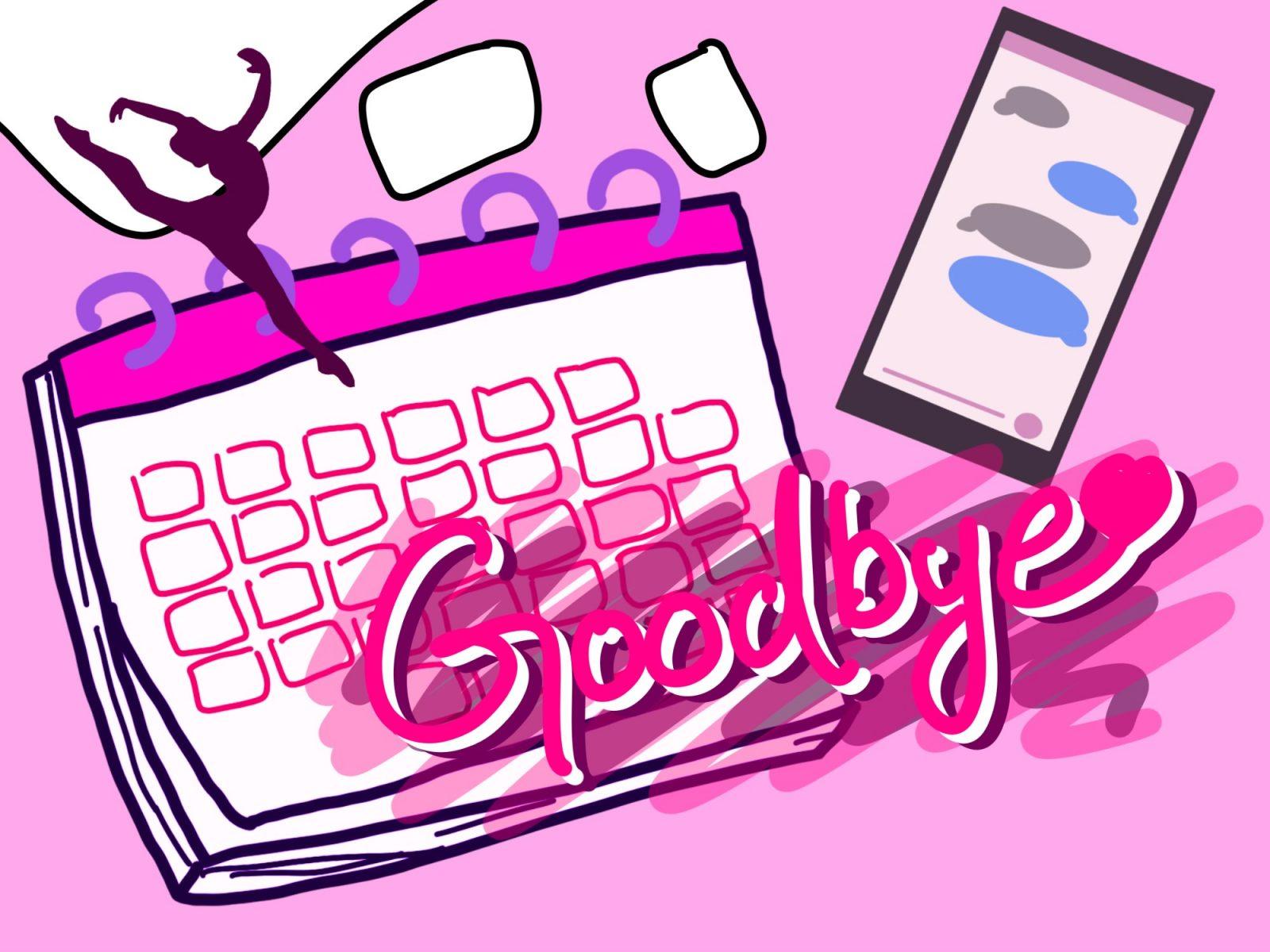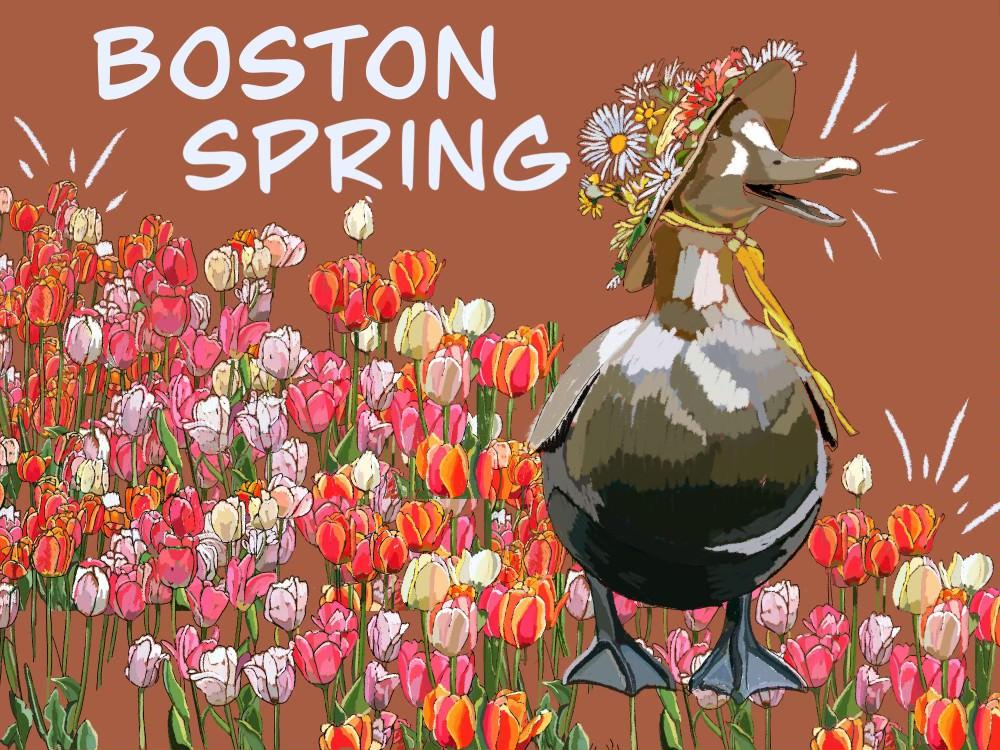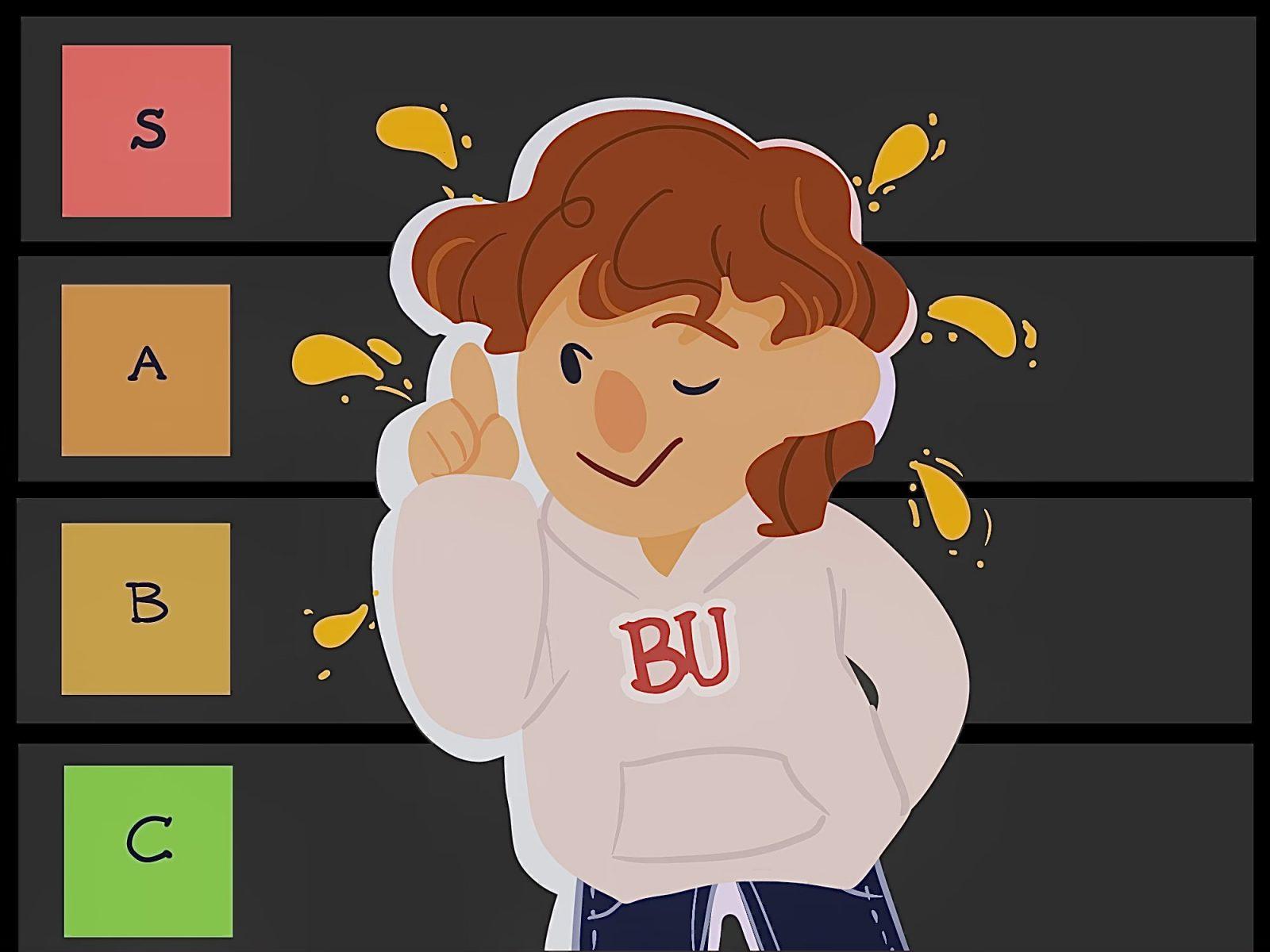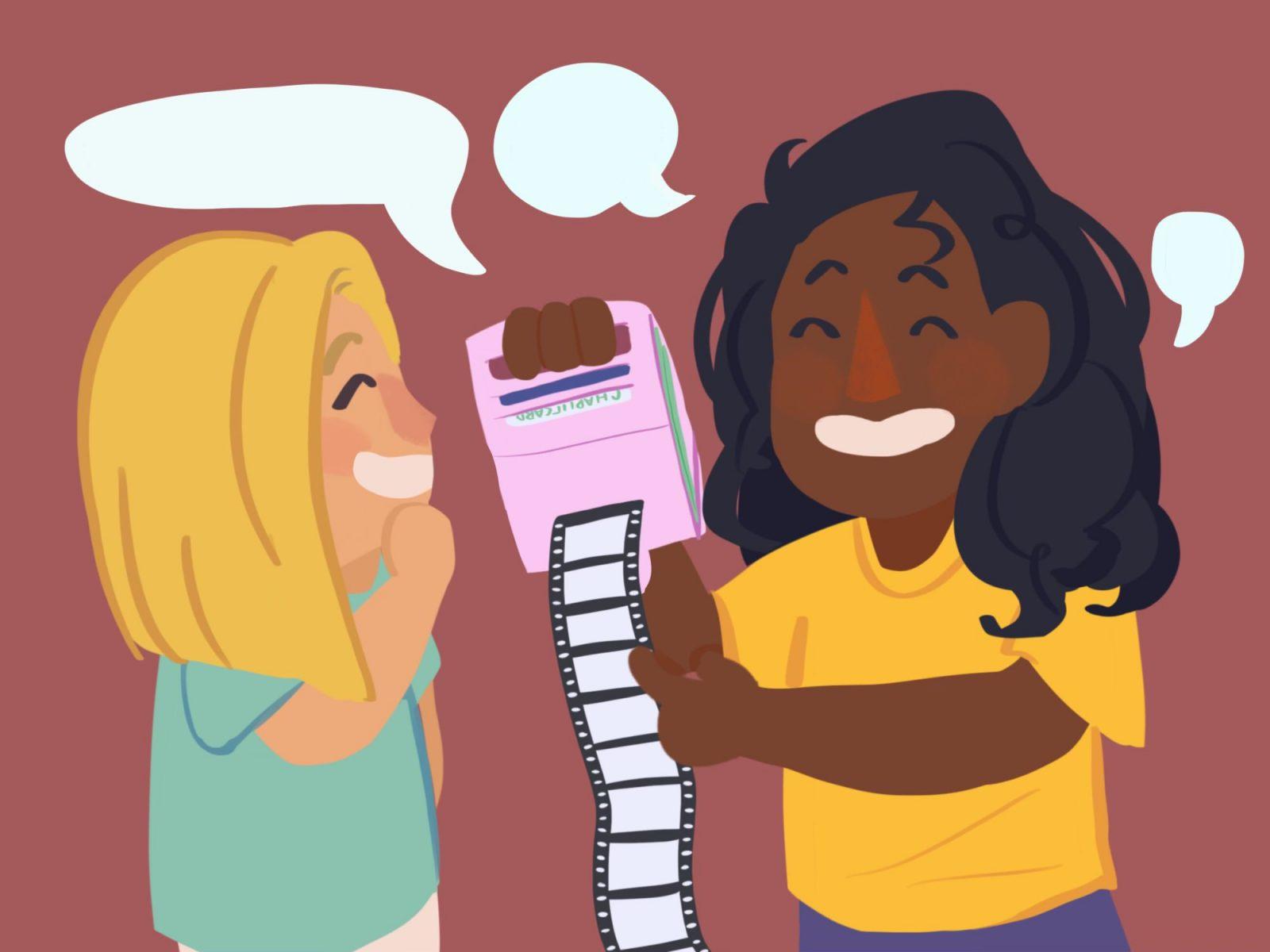I’ve always hated country music — though I admit, I never truly gave it a chance. But last year, I found myself making an exception for Morgan Wallen when I heard his song “7 Summers.” Since then, I’ve listened to a majority of his songs and even watched YouTube videos of him competing on “The Voice.”
However, before I could truly call myself a fan, around February of last year, a video of a drunken Wallen and his friends surfaced, in which he can clearly be heard shouting the n-word. Wallen is a white man, clearly making it problematic. In the months since, Wallen has continued touring and working on music, but his career-altering scandal marked the end of the road for my country music phase.
The other day, I was shuffling my favorite songs on Spotify while driving around my hometown when “7 Summers” came on, and without even thinking about it, I listened to the song in its entirety. I couldn’t help but feel guilty after the fact, because even after everything he’s done, I can’t help but love that song. Naturally, I wondered if it made sense to associate his racist actions with his music.
This entire situation wittles down to one question: Can we separate the art from the artist? By this I mean, to what extent is music — or any form of art — a reflection of the negative actions of the singer or artist it is credited to?

Can I still listen to Michael Jackson, despite accusations of pedophilia? Is it wrong to reread the “Harry Potter” series following author J.K. Rowling’s transphobic Twitter posts? How about David Dobrik, who’s YouTube videos had dominated the internet until he was connected to a sexual assault that occured behind-the-scenes during the filming of one of his videos?
There isn’t a yes or no answer to this question. The art which you consume — whether it be movies, TV shows or music — is your own decision. Even though I struggle to listen to music by singers whose actions I condemn, I find it unfair to force these expectations upon everyone else.
For one, I see cancel culture as a toxic phenomenon that promotes nothing but shame and hatred. The faceless power of the internet takes holding people accountable to a whole new level of bullying and ostracization. But the thing is, not everyone is cancelled equally, and there are some celebrities that are seemingly immune to it. Take rapper YNW Melly for example, whose song “Murder On My Mind” only saw more success after the rapper was put on trial for murder.
If we don’t hold every artist to the same standards, do we have the authority to tell people which ones are cancelled, and what music they can no longer listen to?
Opposingly, there remains the argument that by streaming one’s song you are essentially paying them, so why would we choose to pay people who have done something so wrong? But here’s my counter as to why that’s not necessarily the case.
Try to see singers as a business. Sure, they are the face of the brand, but there are hundreds of other people profiting off their songs, whether it be managers, production teams or even the cashiers at their concert merchandise stands. If one of the board members of Apple was revealed to have made sexist comments, would you realistically stop using your iPhone? If the CEO of Nissan was involved in a fraud-related lawsuit, would you sell your car and buy a new one?
You won’t find me listening to artists I find to be racist, sexist or problematic in any way. But separating the art from the artist is an inherently personal decision. It’s up to you to figure out what you think is right or wrong. But if you choose to consume art created by problematic people, make sure you recognize what they did wrong. The last thing we need to be doing is idolizing people we shouldn’t be.





















































































































